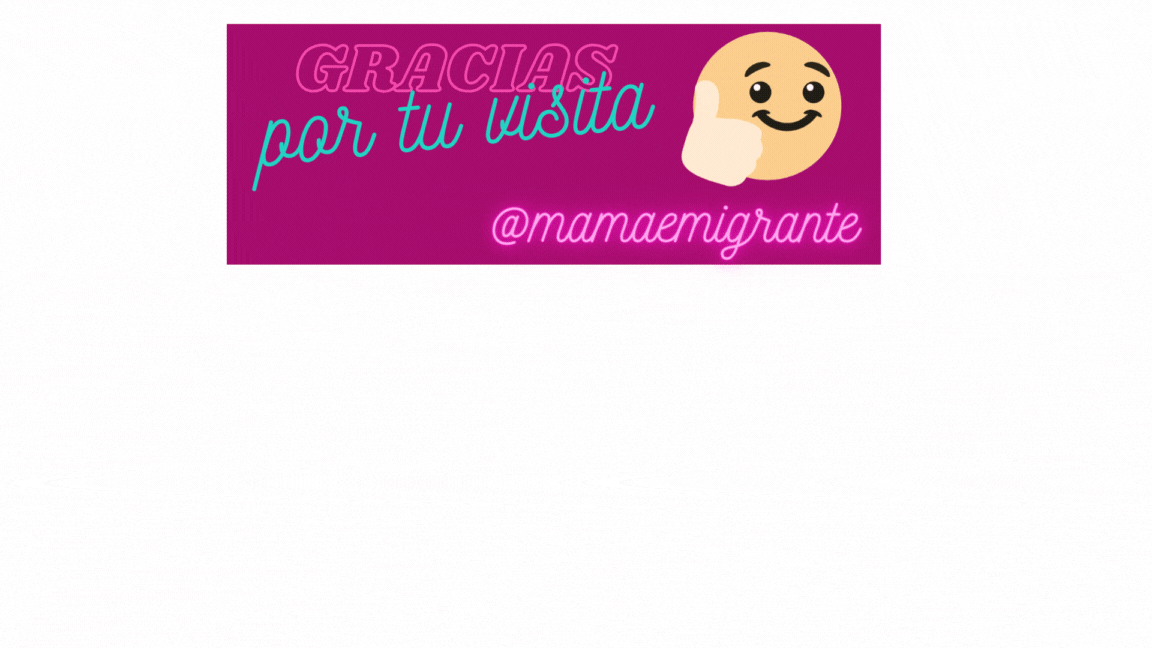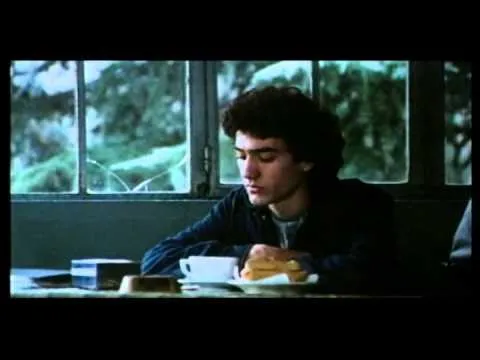
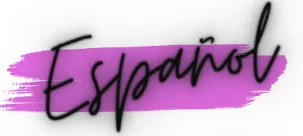
Cuando la política se lleva al extremo, las consecuencias sociales suelen aparecer, casi siempre, de las peores formas.
Esta película, basada en los hechos reales acontecidos en la ciudad de La Plata, en Argentina, en el año 1976, nos cuenta cómo un grupo de adolescentes, estudiantes de secundaria, fueron secuestrados por el régimen que imperaba en ese país para entonces.
Estrenada en 1986, esta pieza dirigida por Héctor Olivera, nos lleva a una de esas ventanas trágicas de la historia, en la cual se demuestra cómo el poder mal entendido, lleva a que quienes lo ostentan tomen decisiones terribles, afectando no solo la vida de las víctimas, sino también de una sociedad en general.
Este director, que tiene además, un par de filmes relacionados con historias tristes y crueles de episodios vividos en Argentina, tardó 10 años en recrear esta historia que marcó un hito con respecto a la crueldad de la época de la última dictadura vivida en este país.
Ambientada en los años 70, esta pieza cinematográfica, nos relata los hechos sucedidos en la ciudad de La Plata, previos a la manifestación de los estudiantes de secundaria, para la aprobación del boleto estudiantil, la cual fue duramente reprimida por las fuerzas policiales.
Solo que eso no quedó allí nada más.

De este hecho, los estudiantes que encabezaban a los distintos centros educativos, fueron marcados como subversivos, y es por ello que en una noche de septiembre, son secuestrados de sus domicilios, para luego someterlos a torturas y abusos, de los cuales, más de la mitad, no llegarían a contarlos.
Al ver esta película, los sentimientos de impotencia afloran, aunque se desconozca la historia de primera mano. En mi caso, por ejemplo, este tipo de acciones las conocía por los hechos acontecidos durante la dictadura de Marcos Pérez Jiménez en Venezuela, o de aquellos sucedidos en Chile en los tiempos de Augusto Pinochet.
Y la realidad es que estos no son sino una página más dentro del libro de la crueldad propio de estos sistemas políticos.
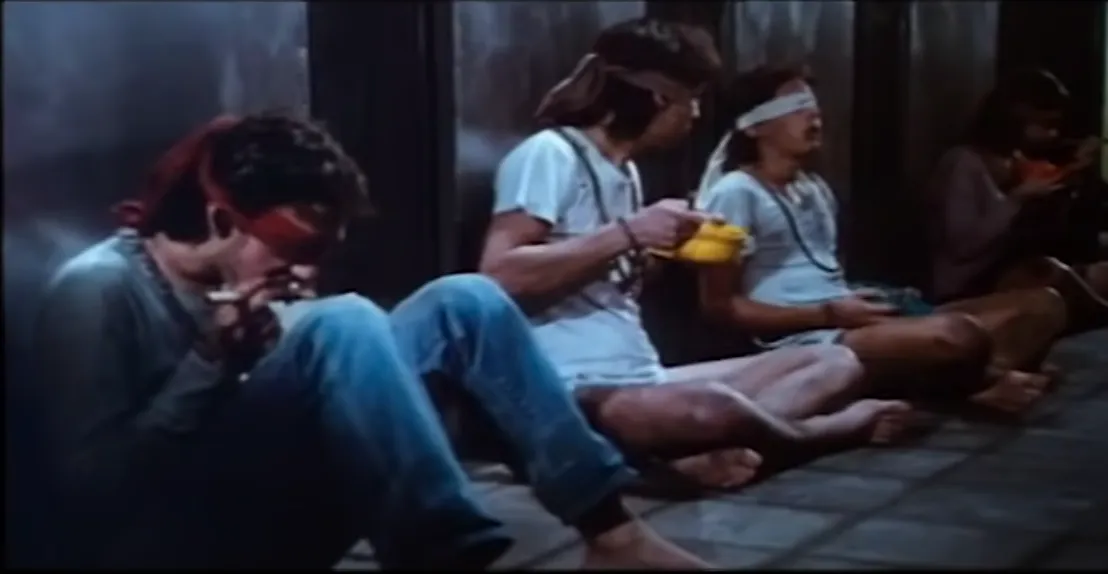
Como el contexto en el cual se ven los hechos, influye mucho en su percepción, el ver esta película siendo madre de un adolescente, me puso en los zapatos de aquellas mujeres que desesperadamente buscaban a sus hijos desaparecidos esa fatídica noche.
Esta obra, no es una película para ir a distraerse un rato, sino un llamado a la conciencia de parte y parte: de los ciudadanos a tomar mejores decisiones al momento de elegir los gobernantes y defender sus derechos, pero también para quienes ostentan el poder, ya que siempre será mejor sentarse y negociar a tomar medidas tan radicales.
Y aunque sea un film del siglo pasado, es una realidad que sigue pasando en algunos países, por lo que esta historia está muy lejos de pasar como desactualizada.
Una película cargada de sentimientos, con un final doblemente cruel, ya que muchos de estos estudiantes no aparecieron, las heridas de los sobrevivientes siguen latentes y al final, aquello que dio origen a las protestas iniciales, fue aprobado por el ejecutivo.
Si buscas una historia cargada de efectos, escenas de acción o elementos llamativos, entonces no te la recomiendo, ya que sin ser un documental, esta pieza es lo más similar a una página de la historia que tanto los argentinos como cualquier ciudadano común, no desea que se suceda.
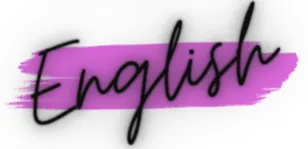
When politics is taken to the extreme, the social consequences usually appear, almost always, in the worst ways.
This film, based on the real events that took place in the city of La Plata, Argentina, in 1976, tells us how a group of teenagers, high school students, were kidnapped by the regime that prevailed in that country at the time.

Premiered in 1986, this piece directed by Héctor Olivera, takes us to one of those tragic windows of history, which shows how misunderstood power leads those who hold it to make terrible decisions, affecting not only the lives of the victims, but also of society in general.
This director, who also has a couple of films related to sad and cruel stories of episodes lived in Argentina, took 10 years to recreate this story that marked a milestone with respect to the cruelty of the time of the last dictatorship lived in this country.
Set in the 70s, this film tells the story of the events that took place in the city of La Plata, prior to the demonstration of high school students for the approval of the student ticket, which was harshly repressed by the police forces.
But that was not all.

As a result of this event, the students who headed the different educational centers were branded as subversives, and that is why on a September night they were kidnapped from their homes, and then subjected to torture and abuse, more than half of which they would never tell.
Watching this film, feelings of helplessness come to the surface, even if one does not know the story first hand. In my case, for example, I knew about this type of actions from the events that took place during the dictatorship of Marcos Pérez Jiménez in Venezuela, or from those that happened in Chile during the times of Augusto Pinochet.

And the reality is that these are just another page in the book of cruelty of these political systems.
As the context in which the facts are seen, greatly influences their perception, watching this film as the mother of a teenager, put me in the shoes of those women who desperately searched for their missing children that fateful night.
This work is not a film to go to distract for a while, but a call to conscience on both sides: for citizens to make better decisions when electing rulers and defend their rights, but also for those who hold power, since it will always be better to sit down and negotiate than to take such radical measures.
And although it is a film of the last century, it is a reality that is still happening in some countries, so this story is far from being outdated.
A movie full of feelings, with a doubly cruel ending, since many of these students did not appear, the wounds of the survivors are still latent and in the end, that which gave rise to the initial protests, was approved by the executive.
If you are looking for a story loaded with effects, action scenes or flashy elements, then I do not recommend it, because without being a documentary, this piece is the closest thing to a page of history that both Argentines and any ordinary citizen, do not want to happen.
Foto/Photo by: screenshot from film trailer en youtube
Edición/Edited by @mamaemigrante using canva
Translated with Deepl
